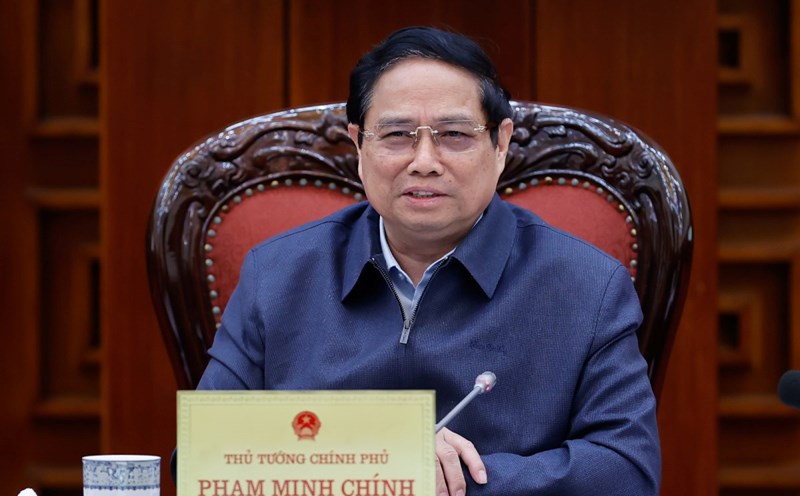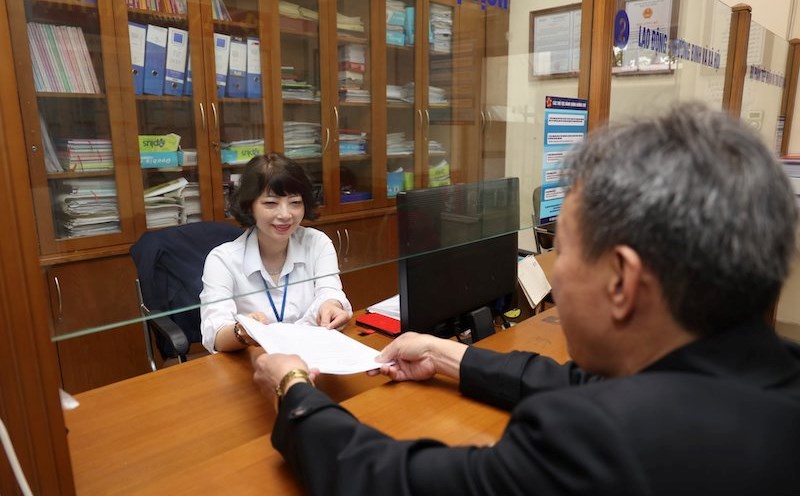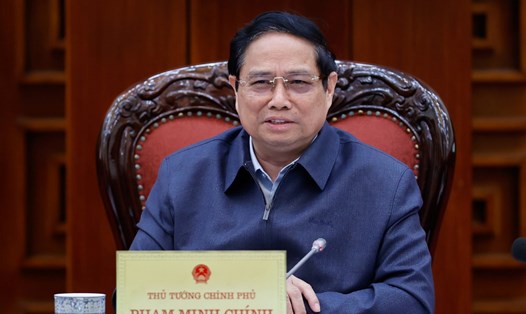At this time, the "revolution" in streamlining the apparatus is being widely deployed. With the spirit of "saying goes hand in hand with doing", agencies must complete the plan to arrange and consolidate the political system's apparatus in the first quarter of 2025, demonstrating strong determination for this apparatus reform.
The goal of the process of streamlining the apparatus is to build a compact, transparent, strong political system that operates effectively and efficiently, avoiding overlapping functions and wasting resources.
Speaking with Lao Dong, Dr. Thang Van Phuc - former Deputy Minister of Home Affairs - said that the reform of the apparatus in the political system in recent times has been slow, thus creating "bottlenecks" and duplication, so it is necessary to take drastic measures to make the apparatus more compact, effective and efficient.
The current reform of the apparatus organization is very drastic and this is a continuation of the journey of synchronous reform of the state apparatus and innovation of the political system that was set out in previous terms.
"This time, we will review the entire apparatus and human resources, from leaders to specialists," said Mr. Phuc.
According to the former Deputy Minister of Home Affairs, first, to implement organizational reform, there needs to be an output policy. In which, officials and civil servants who are close to retirement age can retire early and there is a policy for early retirement.
Second, those who are capable can adjust and rearrange accordingly. Third, those who are surplus and do not meet the standards can be sent for training and can be transferred to the private sector.
The expert said that there should be a policy to develop the private sector, from private enterprises to private career activities, to increase in order to have output for the surplus labor force.
The former Deputy Minister of the Ministry of Home Affairs also said that many businesses are in need of personnel who have been through the public sector and understand the operation of the apparatus. In particular, this is not a “brain drain” but a supply of human resources for the labor market.
When creating appropriate policy mechanisms, it will create consensus and high support from cadres, civil servants and public employees. In addition, it is necessary to do a good job of ideological work for communication.

According to National Assembly delegate Nguyen Thi Viet Nga (Hai Duong delegation), streamlining the apparatus means cutting staff and rearranging the staff. This is a sensitive issue that directly affects the work, psychology and interests of officials and civil servants.
Therefore, delegates believe that there should be appropriate support policies on finance, training, career conversion, and suitable job placement so that officials and civil servants can work with peace of mind and dedication.
It is necessary to arrange jobs that are suitable to each individual's aspirations and strengths and structure them into teams that can be promoted to leadership and management positions in the future.
For the majority of civil servants and public employees, it is necessary to carefully consider each case, reassign them to positions that are suitable for their individual abilities, and try to avoid sudden decisions to terminate their employment.
According to a report by the Ministry of Home Affairs, during the review of functions and tasks of state administrative agencies, up to 20% of agencies and units were found to have overlapping functions and tasks.
Typically, in areas such as resource and environmental management, inspection, and examination, or in district and commune-level agencies, the unclear division of responsibilities has led to many places "stepping on each other's toes" in performing work, causing waste of time, effort, and resources, affecting the efficiency of the apparatus.











